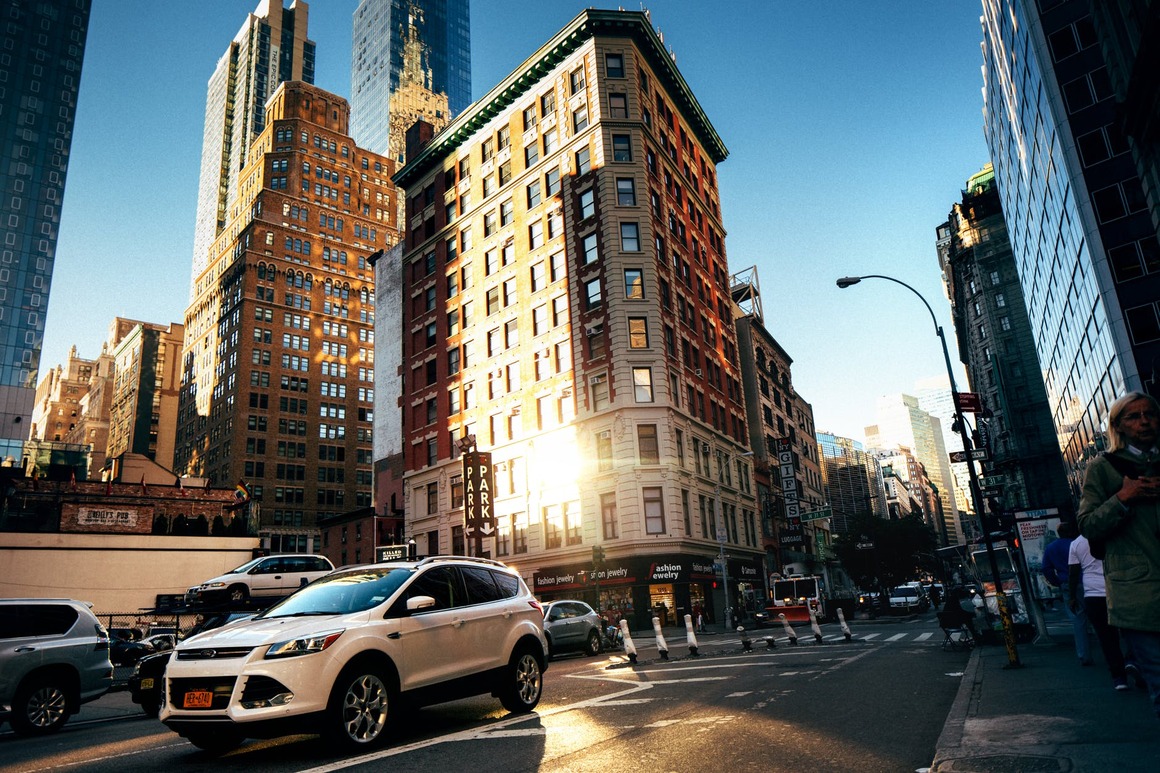Easing Dependence on Diesel Vehicles Threatening Clean Air Quality
In recent years, governments around the world have made efforts to crack down on older diesel-powered vehicles. In London, for example, drivers whose diesel vehicles do not meet the European Union’s emission standards have had to pay an additional daily toxicity tax called the T-Charge.
The change came amid the widespread backlash in Europe over the scandal in which several European automakers, most notably Volkswagen, were caught cheating on their government emission tests.
The new tax mainly affects those who drive older diesel vehicles and is on top of the city’s long standing congestion charge—a daily fee for vehicles entering central London during weekday rush hours. The toxicity levy was designed to improve air quality and, according to observers, discourage people from buying vehicles powered by diesel, once the most popular choice of fuel in most of Europe.
“In large cities with a high number of vehicles present, the ambient air normally contains a high number of particles and gases,” points out Camfil USA’s Charlie Seyffer, Manager of Marketing & Technical Materials for commercial air filters and 37-year ASHRAE member and active committee participant. “Efficient particle filtration of submicron and ultrafine particles as well as molecular filtration of the supply air can reduce this contamination significantly.”
The Diesel Emissions Problem and Need for High Efficiency Air Cleaning Systems
A recent emissions report on testing methods suggests that high efficiency air cleaning systems are still very necessary as the latest models of European diesel vehicles continue to be massive contributors of pollution.
The study is the first analysis of its kind after Volkswagen’s diesel emissions scandal in 2015; the results show that more than 4,000 vehicle models fail to meet the emissions standards for nitrogen oxides (NOx) set by the European Union.
The analysis broke down European vehicles into different groups based on emission standards—vehicles were classified under Euro 3, Euro 4 and Euro 5 diesel levels. Not surprisingly, motorcycles and older models of vehicles tested poorly for NOx levels. However, more surprising was how newer vehicles, classified under the newer Euro 6 emission standards, also failed. In fact, almost every Euro 6 vehicle tested received a “poor” grade, showing that the vehicle produced more than 180 mg/km of NOx. None of the diesel vehicles tested received a “good” rating.
Can Commercial Air Cleaners Remove Diesel Exhaust?
Commercial air cleaners are a viable defense against vehicle exhaust pollution. High efficiency particulate air (HEPA) filters are particularly effective at trapping the particulate matter (PM), and molecular filters remove gases commonly found in the exhaust fumes produced by diesel trucks. A well-designed air cleaner should address both types of pollutants.
PM typically comes from two places when automobiles are concerned.
- All vehicles powered by fossil fuels produce particulate matter from their tailpipes. The PM is a byproduct of the fuel combustion process, typically manifesting itself in the form of soot that lines the tailpipes of diesel trucks.
- Normal wear and tear on brakes and tires can also produce particulate matter in the form of dust. One need only to look at how dusty underground car parks can get when not cleaned for a few days.
- Associated gases, or molecular level pollution, can also be addressed with the proper air cleaning system.
Impacts of Diesel Exhaust Prevented by Commercial Air Cleaners
The impact of diesel exhaust on human health is one of the primary reasons commercial air cleaners are so important. Homes and buildings located in areas with severe air pollution, such as freeways or the immediate surroundings of manufacturing sites, tend to have higher concentrations of vehicle emissions and industrial runoff.
Constant exposure to diesel exhaust can lead to serious health problems like asthma, chronic obstructive pulmonary disease (COPD), and other respiratory diseases. Diesel emissions are especially dangerous for at-risk segments of the population, including expecting mothers, infants, children, and the elderly, all of whom are more vulnerable to the toxic aerosols in diesel exhaust.
What Does This Mean for Commercial Air Cleaner Manufacturers?
Reports on diesel emissions and levies against diesel vehicles all point to the same inconvenient truth—there are millions upon millions of dirty diesel vehicles and trucks plying the roads, contributing to the toxic smog that threatens public health on a daily basis. And it’s a problem not isolated to older vehicles—newer diesel vehicles still fail to meet government emission standards. As long as this continues, there will always be a need for air cleaning systems from commercial air filter manufacturers.
Choosing Commercial Air Cleaning Systems
The task of choosing commercial air filters ultimately centers on the containment goals and size of the room that needs to be “treated.” What’s true, however, is that it’s important to stay away from bargain imitation air cleaners —more often than not, these bargain air cleaners are a waste of time and money. Be sure to consult an air purifier provider if the project involves a school, a manufacturing facility, or rooms inside hospitals and other medical facilities.
If you would like more information about our air cleaners and how they improve indoor air quality, browse our catalog of air filters or click here to contact Camfil USA today.
Resources for You:
Lynne Laake
T: 888.599.6620
B: Find More Clean Air Solutions
F: Friend Camfil USA on Facebook
Y: Watch Camfil Videos on YouTube







